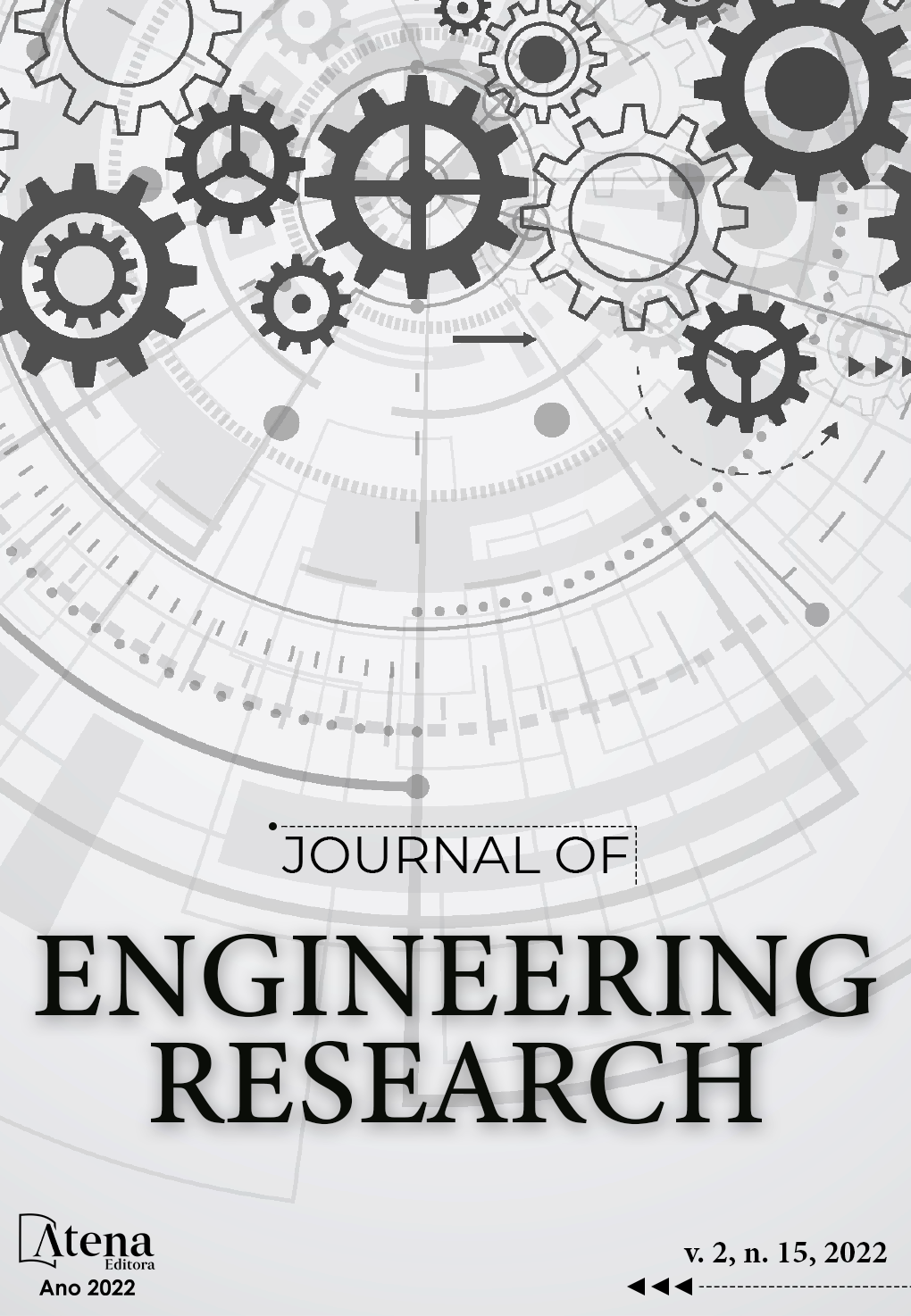
Tuning of Controllers in Heat Exchangers Under the Influence of Fouling
The prediction of important control properties is a challenging task for the design of shell and tube heat exchangers. Dynamic models, which include fouling effects, are still poorly investigated in recent literature. To study the behavior of variable conditions in the team and its influence on the controller adjustment, the model considered in this work is based on the idea of heat exchange cells as basic modeling elements ( lumped-parameter model). This type of approach has some advantages over the distributed-parameter model, such as continuous variables in time and discrete in space, leading to ordinary differential equations (ODE) and also providing the possibility to control the complexity of the model by adjusting the number of modeling cells. The influence of the scale on the process control is evaluated considering the thermal resistance of the scale as a function of time. The model was implemented in Simulink/MATLAB and simulations were performed for different operating periods. The results show that the periodic adjustment of the PID parameters is necessary to keep the system quality indicators stable.
Tuning of Controllers in Heat Exchangers Under the Influence of Fouling
-
DOI: 10.22533/at.ed.3172152220074
-
Palavras-chave: Dynamic modeling, parameter adjustment, embedding
-
Keywords: Dynamic modeling, parameter adjustment, embedding
-
Abstract:
The prediction of important control properties is a challenging task for the design of shell and tube heat exchangers. Dynamic models, which include fouling effects, are still poorly investigated in recent literature. To study the behavior of variable conditions in the team and its influence on the controller adjustment, the model considered in this work is based on the idea of heat exchange cells as basic modeling elements ( lumped-parameter model). This type of approach has some advantages over the distributed-parameter model, such as continuous variables in time and discrete in space, leading to ordinary differential equations (ODE) and also providing the possibility to control the complexity of the model by adjusting the number of modeling cells. The influence of the scale on the process control is evaluated considering the thermal resistance of the scale as a function of time. The model was implemented in Simulink/MATLAB and simulations were performed for different operating periods. The results show that the periodic adjustment of the PID parameters is necessary to keep the system quality indicators stable.
-
Número de páginas: 14
- Esdras Penedo de Carvalho
- Mauro Antonio da Silva Sa Ravagnani
- Esdras Penêdo de Carvalho


